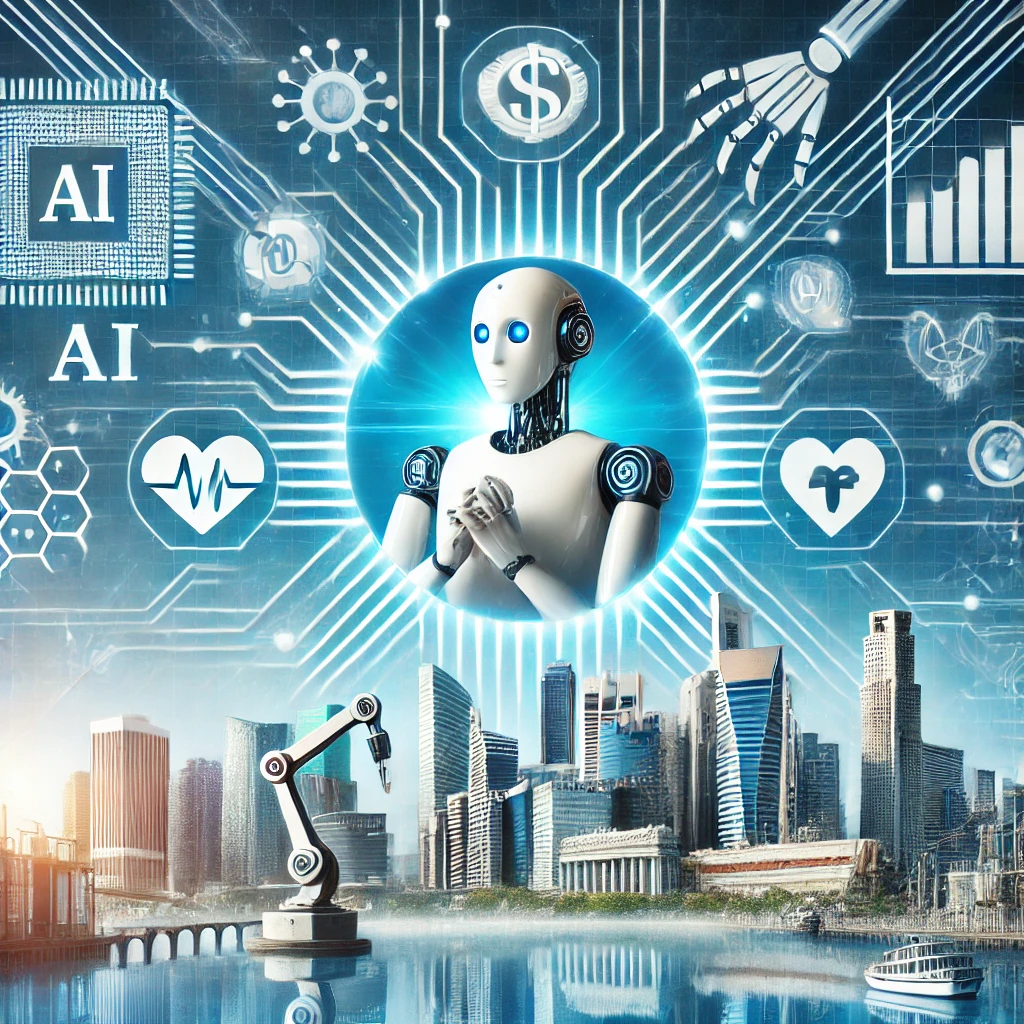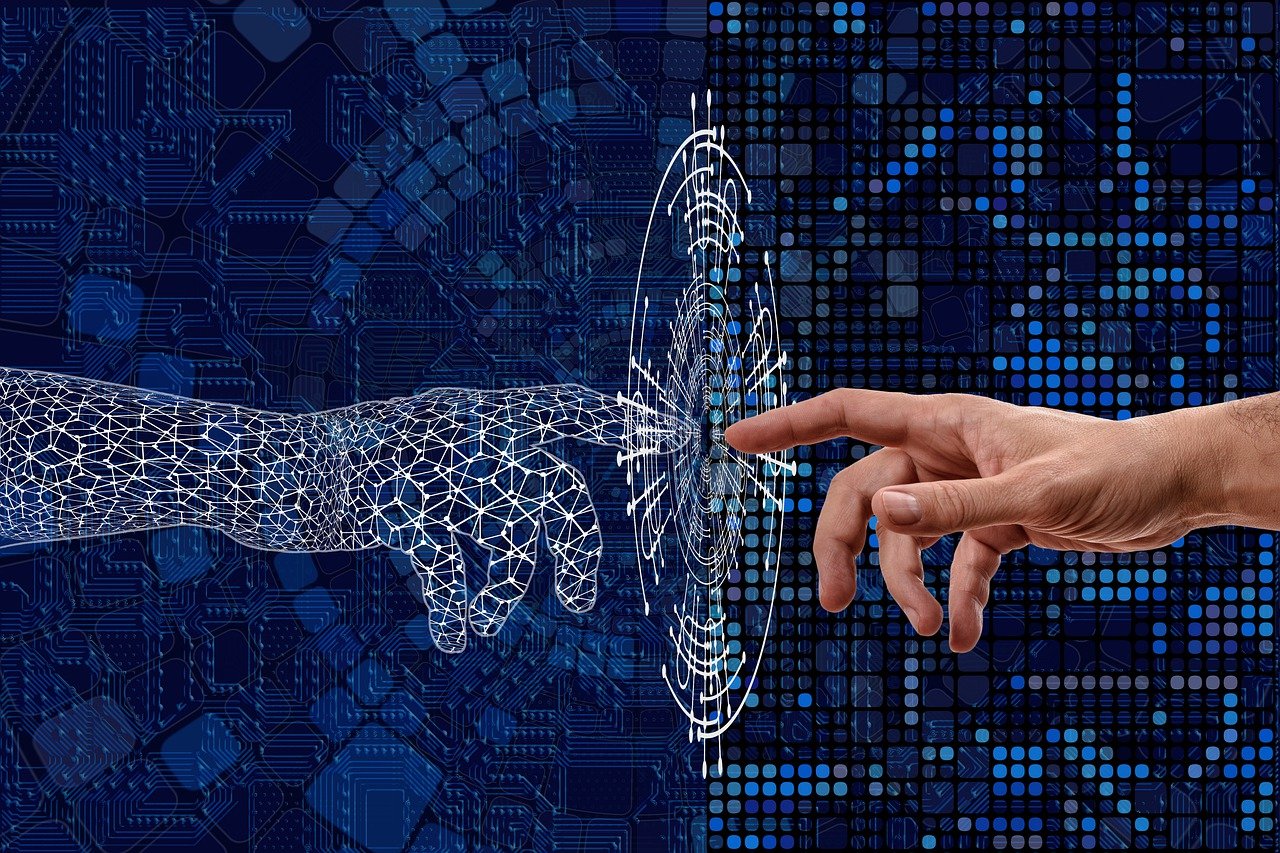Artificial Intelligence (AI) has emerged as one of the most transformative technologies of the 21st century. From healthcare and finance to manufacturing and entertainment, AI is reshaping industries, enhancing efficiency, and creating new business opportunities. The rapid development of AI technologies such as machine learning (ML), natural language processing (NLP), computer vision, and generative AI has unlocked new potential, changing how businesses operate and how consumers engage with technology.
AI refers to the simulation of human intelligence in machines that are programmed to think, reason, and solve problems. The evolution of AI has been driven by three major factors:
- Big Data: The exponential growth of data has provided AI models with vast datasets for training and improving accuracy.
- Computing Power: Advances in GPU (Graphics Processing Unit) technology and cloud computing have made it possible to process large datasets and complex models in real-time.
- Algorithmic Improvements: Continuous development in machine learning algorithms, including deep learning and reinforcement learning, has enhanced AI’s ability to learn and adapt.
AI technologies like ChatGPT, DALL-E, and AlphaGo have demonstrated the potential of AI to perform tasks that were previously considered exclusive to human intelligence.
AI-driven medical imaging platforms like Google’s DeepMind have improved cancer diagnosis accuracy by over 94%. The AI healthcare market is projected to grow from $11 billion in 2021 to over $187 billion by 2030 at a CAGR of 37%. IBM’s Watson AI is used in over 230 hospitals worldwide for treatment recommendations and patient care management.
AI-based fraud detection systems have reduced fraudulent transactions by over 80% in major financial institutions like JP Morgan and Citibank. AI-driven algorithmic trading accounts for more than 60% of all trades on the US stock market. Robo-advisors, including Betterment and Wealth Front, manage over $1 trillion in assets globally.
AI-driven automation has increased production efficiency by up to 40% in automotive and electronics industries. Predictive maintenance powered by AI has reduced machine downtime by 30% and repair costs by 25%. Siemens uses AI to improve production efficiency across more than 100 factories worldwide.
AI-powered recommendation engines contribute to over 35% of Amazon’s annual revenue. AI-driven inventory management systems have reduced stockouts and overstocking issues by over 50% in major retailers. Personalized shopping experiences powered by AI have increased customer engagement rates by over 25%.
AI-based learning platforms like Duolingo and Khan Academy have increased student learning rates by 30% through personalized recommendations. AI tutors provide real-time feedback to over 50 million students worldwide. Adaptive learning systems have increased knowledge retention by up to 40% compared to traditional learning methods.
AI-based threat detection systems can identify and mitigate cyberattacks in less than 1 second. Over 60% of Fortune 500 companies now rely on AI-driven security platforms like Darktrace and CrowdStrike. AI-driven security systems have reduced data breaches by over 45% in the last five years.
The global AI market is expected to reach $1.8 trillion by 2030, growing at a CAGR of 35% from 2024. AI is projected to contribute $15.7 trillion to the global economy by 2030, with China and North America accounting for over 60% of this growth. AI-driven automation is expected to replace up to 30% of jobs by 2030, but it will also create over 97 million new roles in AI-related fields.



